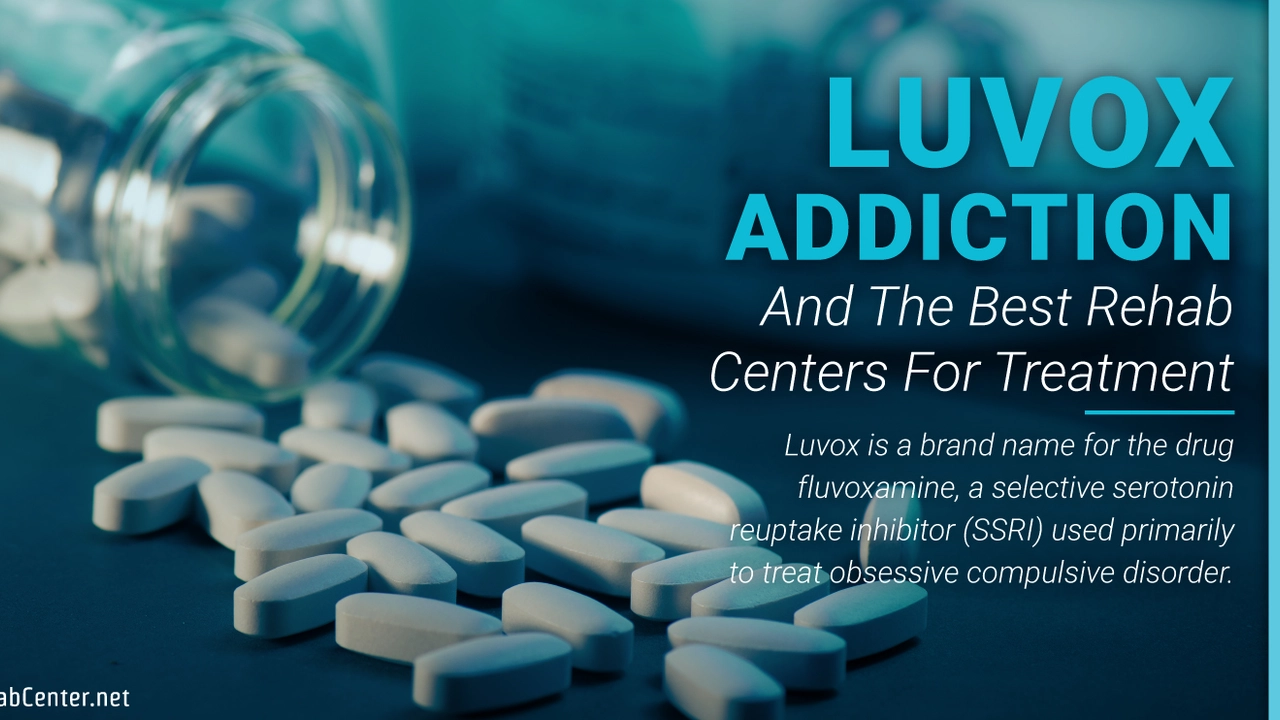Stopping a drug or cutting back can feel like a roller coaster. You might get physical symptoms (sweats, shakes, nausea) or emotional ones (anxiety, low mood, brain fog). How bad it gets and how long it lasts depends mostly on the drug, how long you used it, and your health. This page gives clear, practical steps you can use right away and tells you when to see a clinician or go to emergency care.
Different substances cause different patterns, but some symptoms repeat across many types of withdrawal: restlessness, insomnia, sweating, tremors, stomach upset, headaches, mood swings, and strong cravings.
Here are simple timeline examples so you know what to expect:
- Alcohol and benzodiazepines: early symptoms can start within 6–24 hours. Severe symptoms (confusion, seizures, or hallucinations) usually appear in the first 24–72 hours and are a medical emergency.
- Opioids: short-acting opioids often cause symptoms within 6–12 hours; peak discomfort is usually the first 24–72 hours, then slowly eases over days to a week. Long-acting opioids shift the timeline later.
- Nicotine: withdrawal often peaks in the first week and then eases over several weeks.
- Antidepressants and some psychiatric medicines: withdrawal (sometimes called discontinuation syndrome) may start within days to weeks and can last weeks. Symptoms include dizziness, electric-shock sensations, mood changes, and sleep problems.
If you plan to stop or cut down, tell your doctor first. A safe taper or medical plan reduces risk and makes symptoms easier to handle. Never stop certain meds suddenly—especially benzodiazepines, some antidepressants, or seizure medicines—without medical advice.
While you taper or ride out symptoms, try these basics: stay hydrated, eat simple meals, rest when you can, and keep caffeine low if anxiety or tremors increase. Use relaxation tools that work for you—deep breathing, short walks, or calm music. Ask a friend or family member to check in, especially during the first few days.
Medical help can make a big difference. For alcohol or benzodiazepine withdrawal, supervised detox and medication support can prevent dangerous seizures. For opioid withdrawal, clinics offer medication-assisted treatment options that ease symptoms and reduce risk of relapse. If you feel suicidal, extremely confused, have a fast heartbeat, high fever, severe vomiting, or seizures, call emergency services right away.
Want more reading? Our site has guides on alcohol-dependence options and alternatives to medications that may cause problems during withdrawal. If you're not sure where to start, contact your doctor or a local addiction service—they can set up a safe plan fast.

Well, folks, let's dive into the wild and woolly world of fluvoxamine withdrawal! It's a wild ride, but with a few tips and strategies, we can make it a bit less daunting. First things first, always chat with your doctor before you decide to jump off the fluvoxamine roller coaster - they've got the roadmap to this theme park. Gradual reduction is your new best friend, think of it as a slow dance rather than a mosh pit. And remember, withdrawal is temporary, it's like a bad hair day, eventually, we'll be back to our fabulous selves. Buckle up buddies, we got this!
CONTINUE READING